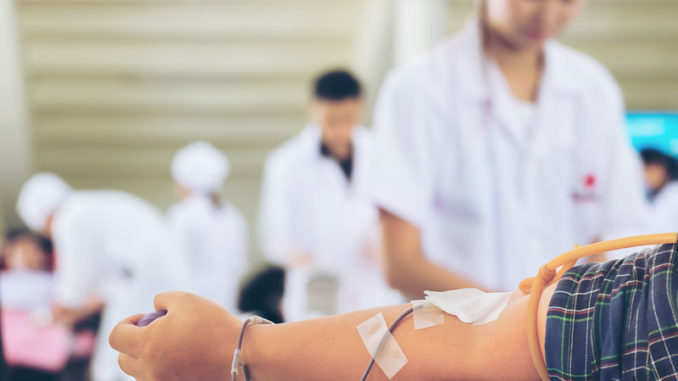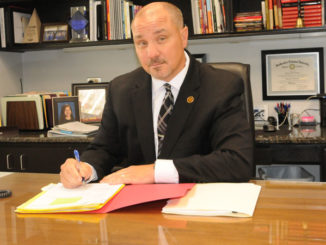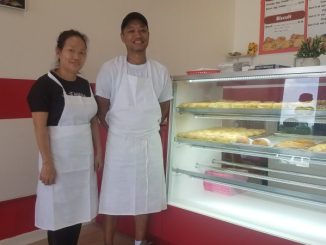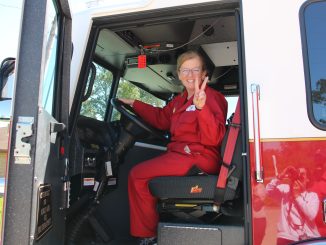
With the COVID-19 pandemic causing a serious strain on the nation’s blood supply, donating blood is now more important than ever.
“Blood is needed every five seconds – for babies, leukemia patients, burn victims, emergency surgeries, organ transplants, trauma patients and the list goes on,” Sheila MacDougall, laboratory director at Ochsner Medical Center, said. “It may be needed for someone you know – even you. Few acts are as simple, and yet so generous, as donating blood. And the only source for this blood is you, the volunteer donor.”
MacDougall said volunteers donate all of the country’s blood supply for transfusions.
“Simply put, there is no other source,” she said.
And while St. Charles Parish Hospital does not have a blood donation center onsite, MacDougall said the Ochsner Blood Bank sends its Bloodmobile to the hospital routinely and also partners with the local community to host blood drives at business or church locations.
“The pandemic — especially in the early days last spring and summer — led to members of the public being wary of leaving their homes and coming into our donation centers to give blood,” MacDougall said. “As a result, the Ochsner Blood Bank, like blood banks across the country, is experiencing critical blood shortages. While all blood types are needed, there is an immediate need of platelets and Type O red cells.”
Paul Adams, public relations manager of the New Orleans Blood Center, said the pandemic has affected the Blood Center’s supply as well.
“With more of our donors working from home or learning virtually, we haven’t had the opportunities to go out to the schools and businesses we count on to keep a stable blood supply for our community,” he said. “In a typical year, roughly 60% of the blood we collect comes from mobile blood drives where we go out to local businesses, schools, social or religious organizations. With concerns over large crowds, we’ve really had to pivot from going to where our donors are to asking them to come to us.”
Adams said blood collection did go down in the past year.
“But so did the number of elective surgeries, traffic accidents and such, so we’ve been able to maintain hospital needs,” Adams said. “As restrictions loosen though, it’s getting harder and harder. Blood is one of the few medications that can’t be manufactured, and it really rests on our friends and neighbors to roll up their sleeves and give. Most people don’t realize that the actual donation only takes about ten minutes and in that short amount of time you can save up to three lives.”
Adams said the greatest misconception about donating blood that he hears is that someone else will do it.
“Our donors are special,” he said. “They give a short amount of their time so someone they likely don’t know can live a full, productive life. But on any given day, we may only have a one or two-day supply of blood and so it’s important that when you see that blood donor mobile or sign that you give it a try.”
MacDougall said some common misconceptions she hears are that a certain blood type isn’t needed and that people are too old or too young to donate.
“All blood types, even the most common ones, are needed by patients all the time,” MacDougall said. “You must be at least 17 years old and weigh 110 pounds to donate blood, so even teenagers can do it. And you are never too old as long as you are healthy. There is no upper age limit on donating blood.”
To donate blood via the Ochsner system, you can visit a stationary blood center at Ochsner Medical Center in New Orleans, Ochsner Medical Center- West Bank Campus in Gretna and Ochsner Medical Center- Kenner. Days and hours of operation can be found at www.ochsner.org/bloodbank. Blood drives are also frequently held and are listed on the website.
To donate blood via the Blood Center, call 504-842-3375 or 504-842-7819 to make an appointment or visit TheBloodCenter.org.
“It really is the easiest thing you can do to make a difference in our community,” Adams said of donating blood.





Be the first to comment